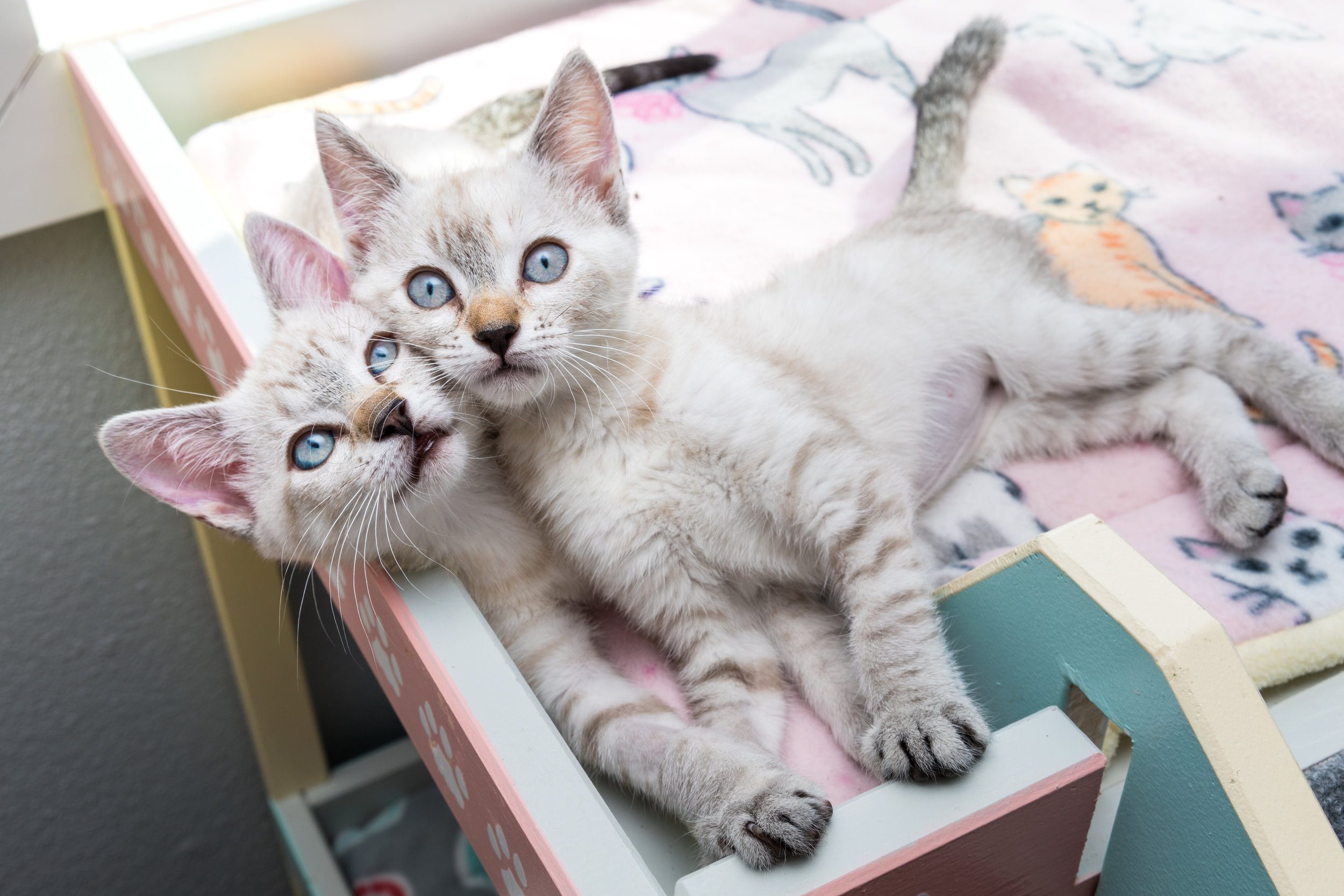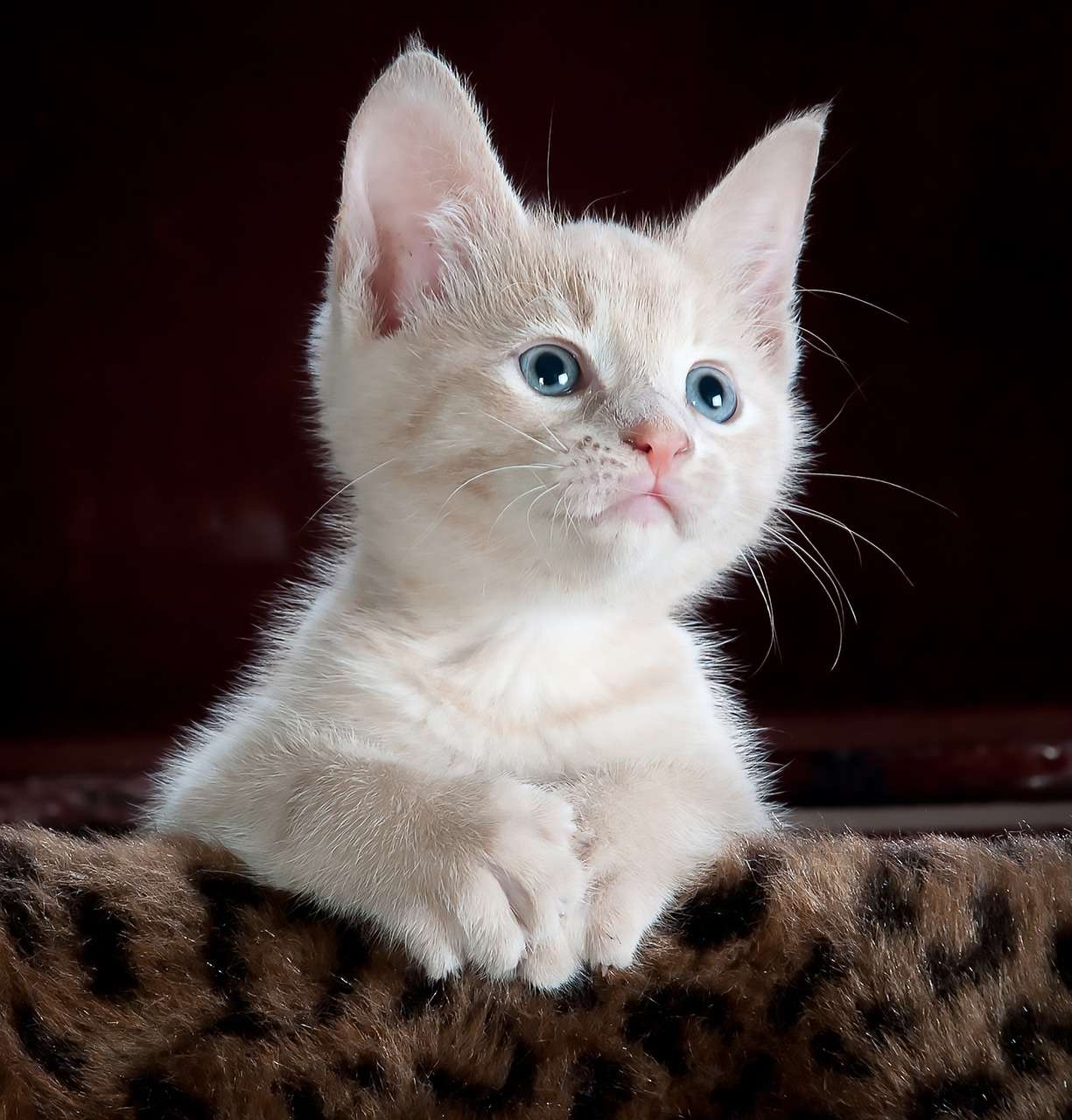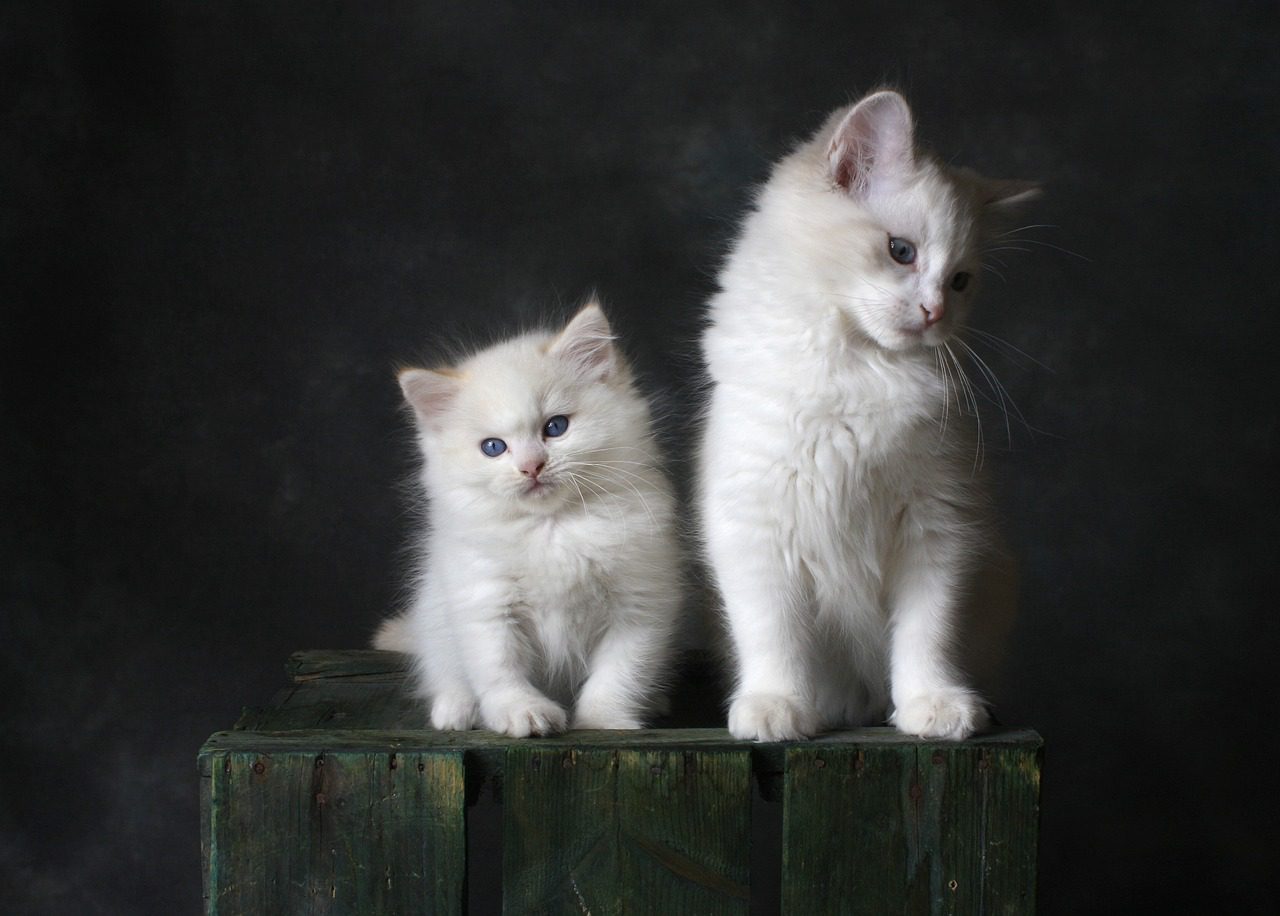Are you a proud owner of a furry little kitten? If so, then understanding the topic of diarrhea in kittens is crucial for their health and well-being. While it may not be the most glamorous subject, delving into this topic can provide immense value and benefits for both you and your adorable feline friend. By gaining knowledge about diarrhea in kittens, you'll be equipped to identify potential health issues, take appropriate action, and ensure your kitten's happiness. With clear explanations and easy-to-understand language, we will explore this topic together, empowering you to become a responsible and informed pet owner. So let's dive in and uncover the secrets behind diarrhea in kittens!
Key Takeaways:
- Diarrhea in kittens can be caused by a variety of factors, including dietary changes, infections, parasites, or underlying health issues.
- If a kitten has diarrhea, it is important to monitor their hydration levels and provide them with plenty of fresh water to prevent dehydration.
- Feeding a bland diet consisting of boiled chicken and rice can help soothe the kitten's digestive system and alleviate diarrhea symptoms.
- Consulting a veterinarian is crucial if the diarrhea persists for more than 24 hours or if the kitten exhibits other concerning symptoms such as lethargy or loss of appetite.
- To prevent future episodes of diarrhea, gradually introduce new foods to the kitten's diet and ensure they receive regular deworming treatments as recommended by a veterinarian.
Understanding Diarrhea in Kittens
What is Diarrhea?
Diarrhea is a condition where a kitten has loose, watery stools more frequently than usual. It can be caused by various factors, such as infections, changes in diet, or stress. Diarrhea can lead to dehydration and malnutrition if not addressed promptly.
Why is Diarrhea Dangerous for Kittens?
Diarrhea can have a significant impact on a kitten's health. Since kittens are small and delicate, they can become dehydrated quickly due to the excessive fluid loss from diarrhea. Dehydration can lead to weakness, lethargy, and even organ failure if left untreated. Additionally, diarrhea prevents the proper absorption of nutrients from food, which can result in malnutrition and stunted growth in kittens.
The Impact of Diarrhea on a Kitten's Health
Dehydration: A Serious Concern
When kittens have diarrhea, they lose more water than usual through their stools. This leads to dehydration, which can be dangerous for their overall health. Signs of dehydration include dry gums, sunken eyes, lethargy, and decreased skin elasticity. If you notice these symptoms in your kitten, it's crucial to seek veterinary care immediately.
Nutritional Deficiencies: Hindering Growth
Diarrhea interferes with the absorption of essential nutrients from food. As a result, kittens may not receive the necessary vitamins and minerals required for healthy growth and development. Without these vital nutrients, kittens may experience stunted growth or develop weakened immune systems that make them more susceptible to illnesses.
Common Causes of Diarrhea in Kittens
Dietary Changes: Upsetting the Tummy
Kittens have sensitive stomachs, and sudden changes in their diet can cause diarrhea. Introducing new foods too quickly or switching to a different brand of cat food without a gradual transition can upset their digestive system. It's important to introduce new foods gradually, mixing them with the old food over several days to allow their bodies to adjust.
Infections: The Culprit Behind Diarrhea
Infections, such as viral or bacterial gastroenteritis, are common causes of diarrhea in kittens. These infections can be contracted from contaminated water, food, or through contact with infected animals. Kittens that haven't received their vaccinations yet are more susceptible to these infections. Regular veterinary check-ups and vaccinations can help prevent these illnesses.
Preventing Diarrhea in Kittens: Tips and Tricks
Maintain Consistent Feeding Habits
To prevent diarrhea in kittens, it's essential to maintain consistent feeding habits. Stick to a regular feeding schedule and provide a balanced diet suitable for their age and size. Avoid abrupt changes in their diet and slowly introduce new foods if necessary.
Keep Their Environment Clean
Maintaining cleanliness is crucial for preventing infections that can cause diarrhea. Regularly clean your kitten's litter box, food bowls, and bedding to minimize the risk of bacteria or parasites contaminating their surroundings.
Recognizing the Signs of Diarrhea in Kittens
Changes in Stool Consistency
One of the most obvious signs of diarrhea is when your kitten's stool becomes loose or watery. Keep an eye on any changes in consistency or frequency compared to their normal bowel movements.
Increased Frequency of Bowel Movements
If you notice your kitten having more frequent bowel movements than usual, it could indicate diarrhea. Pay attention to any significant changes in their bathroom habits.
When Should You Take a Kitten with Diarrhea to the Vet?
Persistent Diarrhea
If your kitten has diarrhea that lasts for more than 24-48 hours or if they show signs of dehydration, it's essential to seek veterinary care. Persistent diarrhea can be a sign of an underlying health issue that requires medical attention.
Other Symptoms and Concerns
If your kitten experiences additional symptoms such as vomiting, loss of appetite, lethargy, or if you notice blood in their stool, it's crucial to consult a veterinarian. These could be indications of a more severe condition that needs immediate attention.
Treating and Supporting a Kitten with Diarrhea
Fluid Replacement: Hydrating the Kitten
To combat dehydration caused by diarrhea, it's important to provide your kitten with adequate fluids. Offer them water frequently and consider using an electrolyte solution recommended by your veterinarian to restore their hydration levels.
Dietary Changes: Easy on the Stomach
Feeding your kitten a bland diet can help soothe their digestive system during bouts of diarrhea. Your vet may recommend feeding boiled chicken or low-fat cottage cheese mixed with plain rice until their stools return to normal.
Remember, if your kitten is experiencing diarrhea, it's always best to consult a veterinarian for proper diagnosis and treatment tailored to their specific needs.
In conclusion, diarrhea in kittens is a common problem that can be caused by various factors such as infections or dietary changes. It is important to seek veterinary care to identify the underlying cause and provide appropriate treatment to ensure the health and well-being of the kitten.
What should I do if my kitten has diarrhea?
If your kitten is consistently eating a diet without milk or treats but still experiencing diarrhea for more than one to two weeks, or if there are signs of weight loss or vomiting, it is recommended to take them to a veterinarian.
Is it normal for kittens to have diarrhea?
It is important to address loose, watery stool in kittens as soon as possible, as it is not a normal condition. While diarrhea may not appear to be an immediate emergency, it could be a sign of a more serious underlying issue, and its effects can quickly lead to a decline in health or even death in young kittens.
What does it mean when a kitten poops diarrhea?
Diarrhea can be caused by various infectious agents like bacteria, viruses, coccidia, and intestinal worms (hookworms, roundworms, whipworms), or non-infectious irritants such as chemical toxins or toxic plants. These are the most frequent causes of diarrhea.
Can kitten diarrhea go away on its own?
Is it possible for kitten diarrhea to resolve without intervention? Yes, it is possible. If you switch their diet to something that is gentle on their stomach or doesn't trigger allergies, then diarrhea caused by food will eventually cease.
Can wet food give kittens diarrhea?
If your kitten is not consuming a sufficient amount of dry food, you may need to supplement with additional canned food. However, it is important to avoid excessive consumption as this can result in diarrhea and potentially severe dehydration. Once your kitten reaches approximately 11-12 months of age, it is appropriate to transition to adult food.
How many days can a kitten have diarrhea?
If your kitten has diarrhea due to parasites, illness, or if it persists for more than two to three days, it is important to have your veterinarian examine them.

















